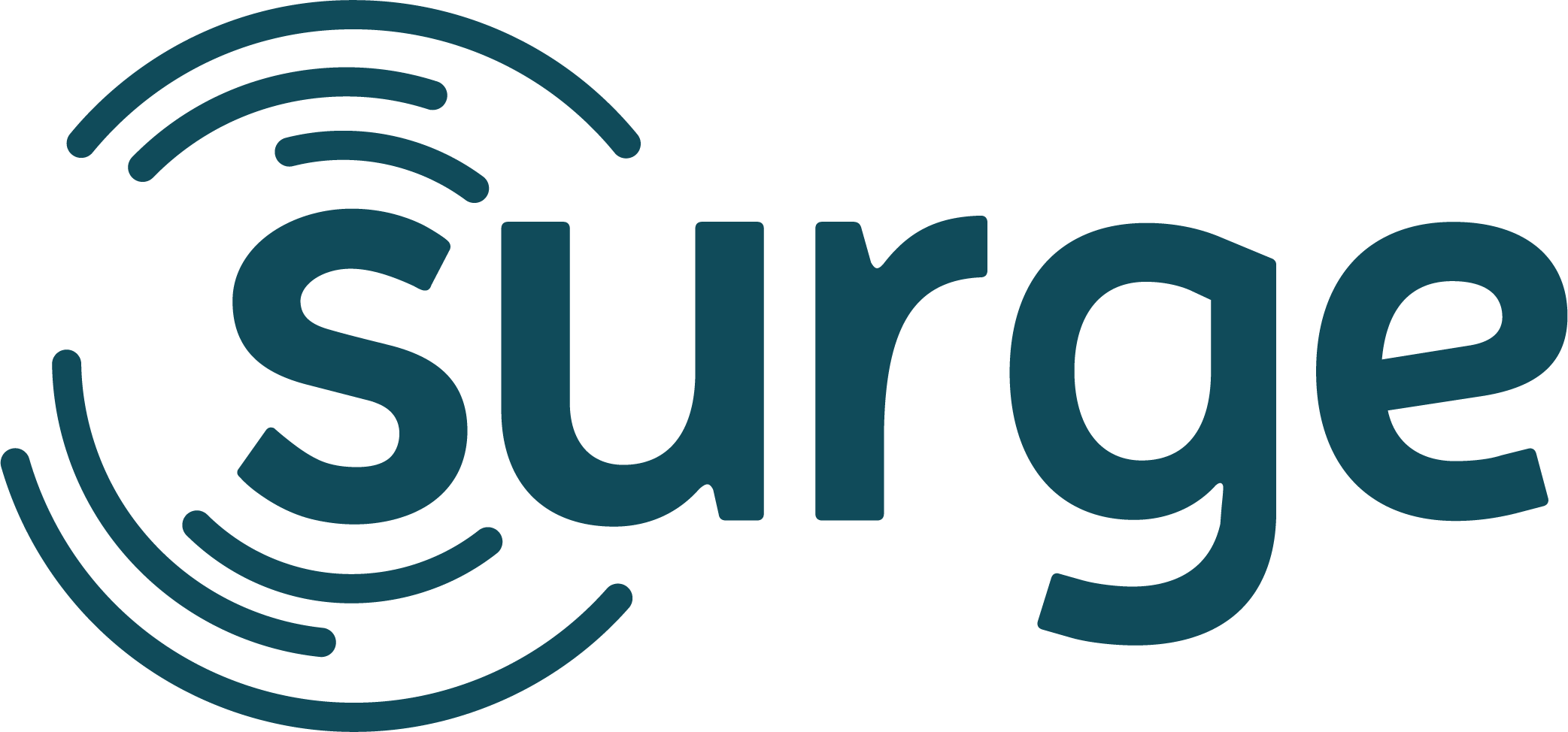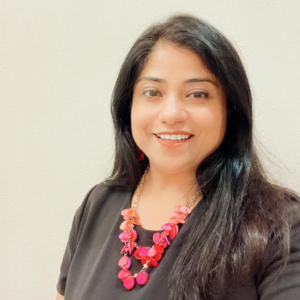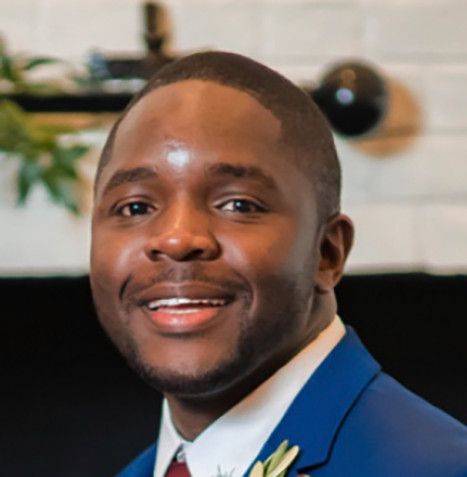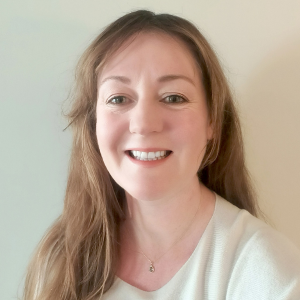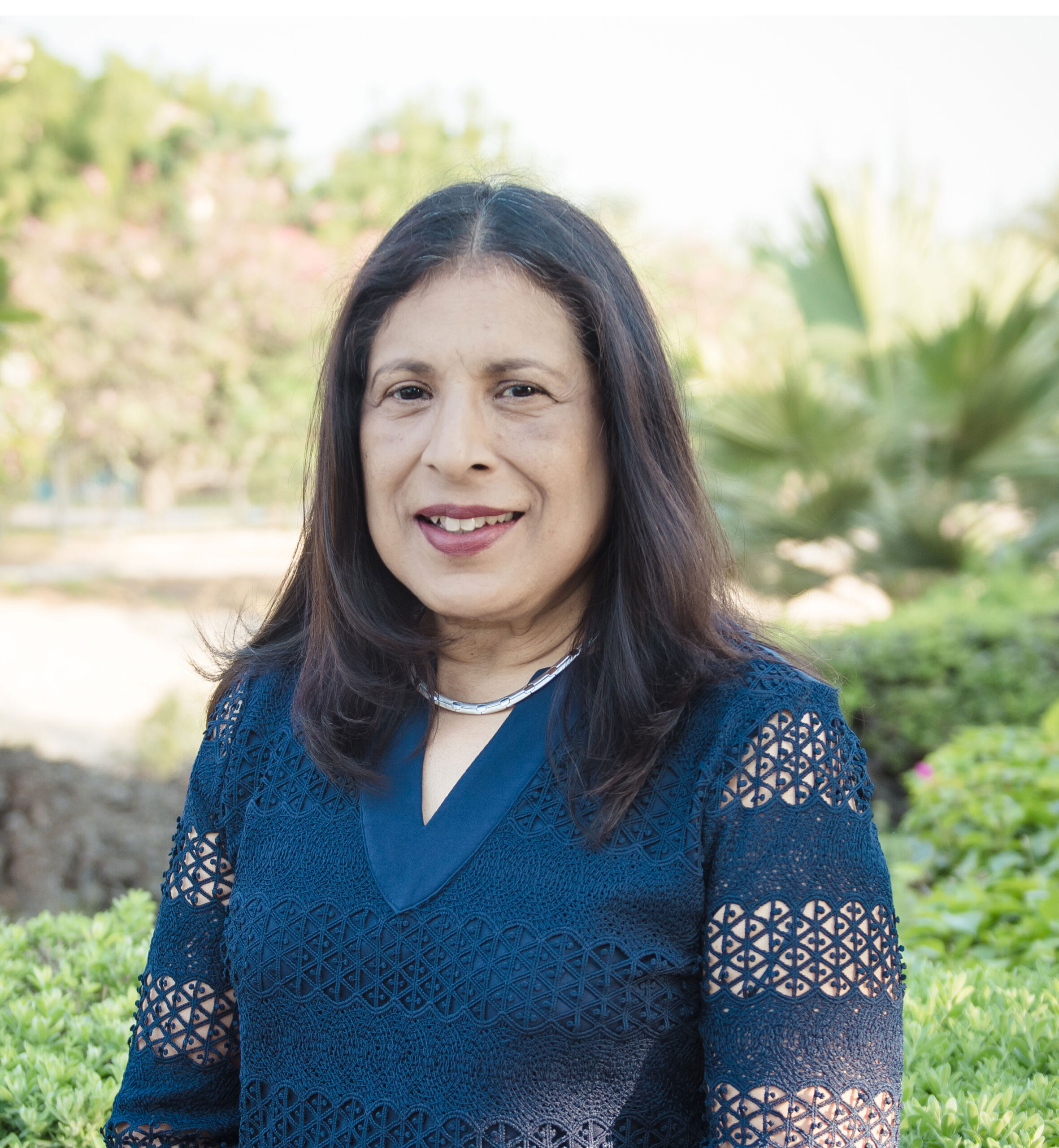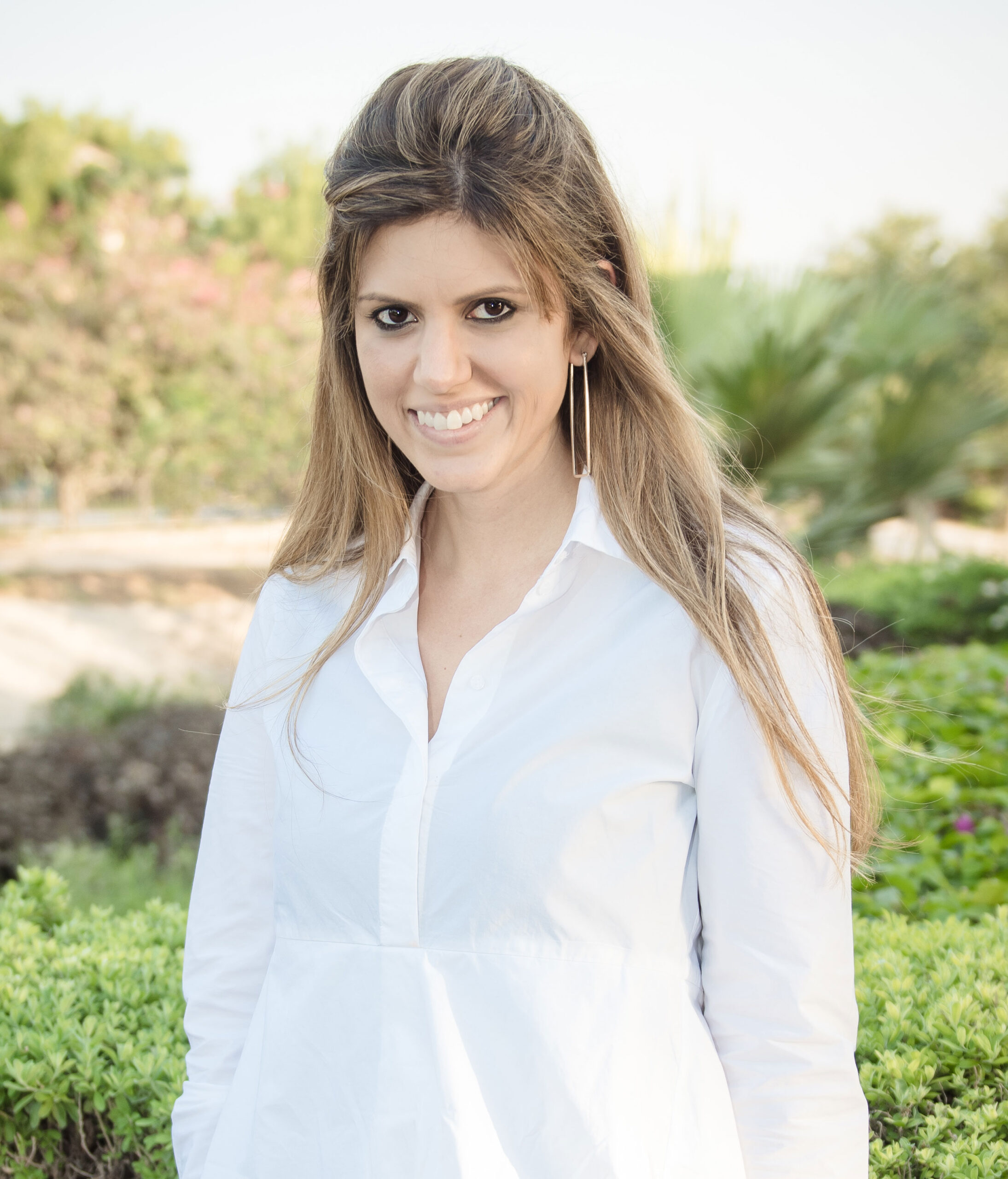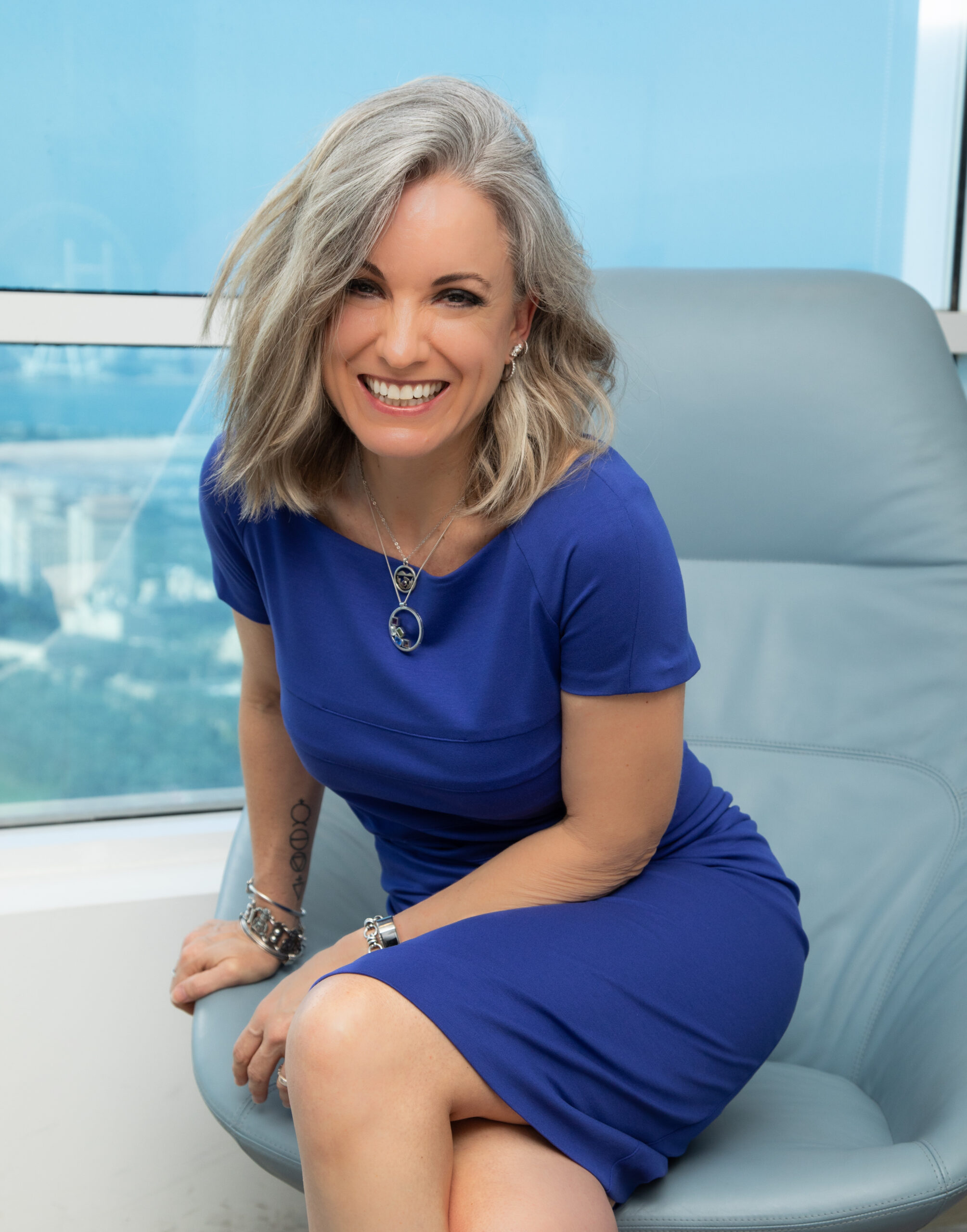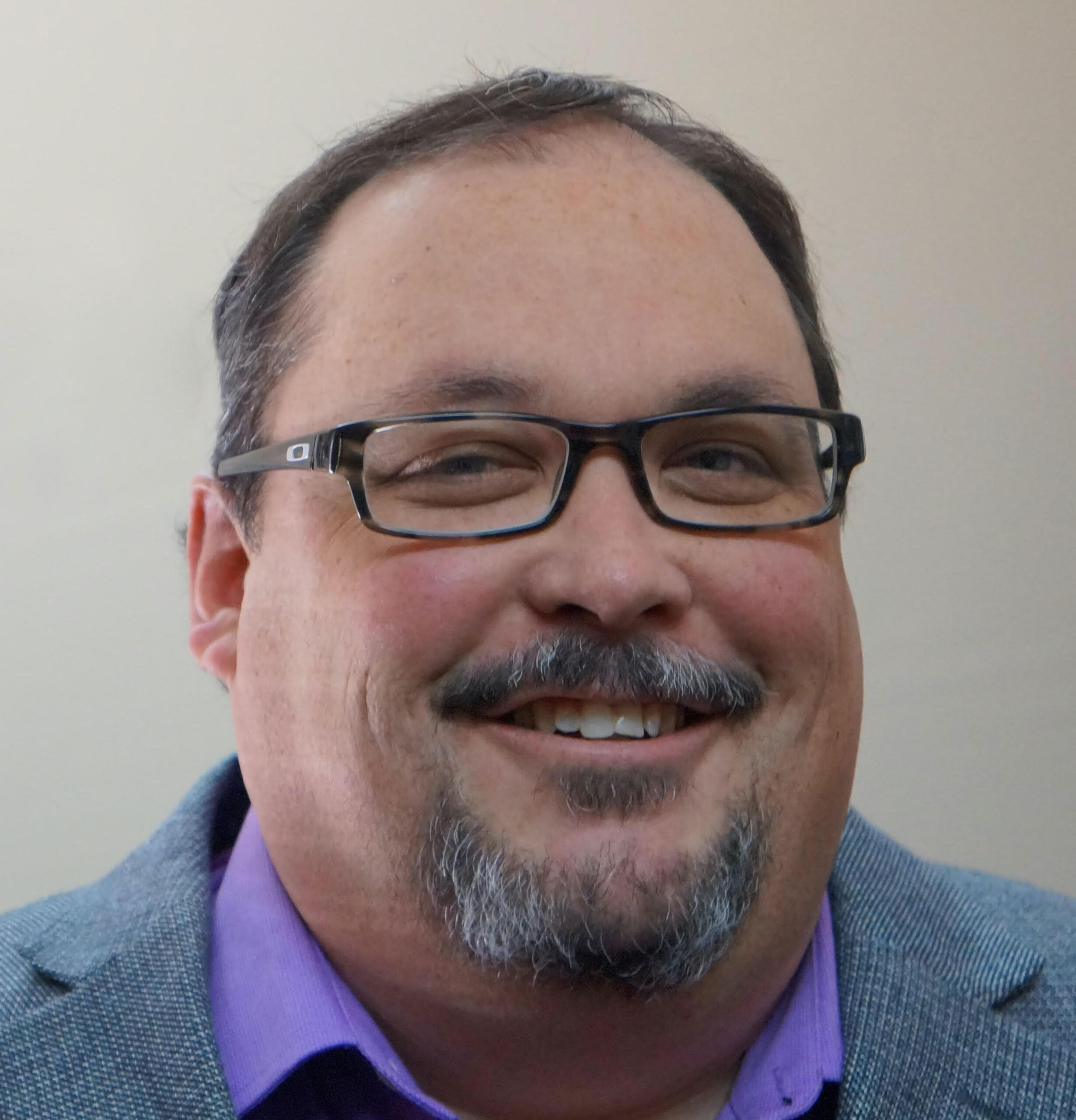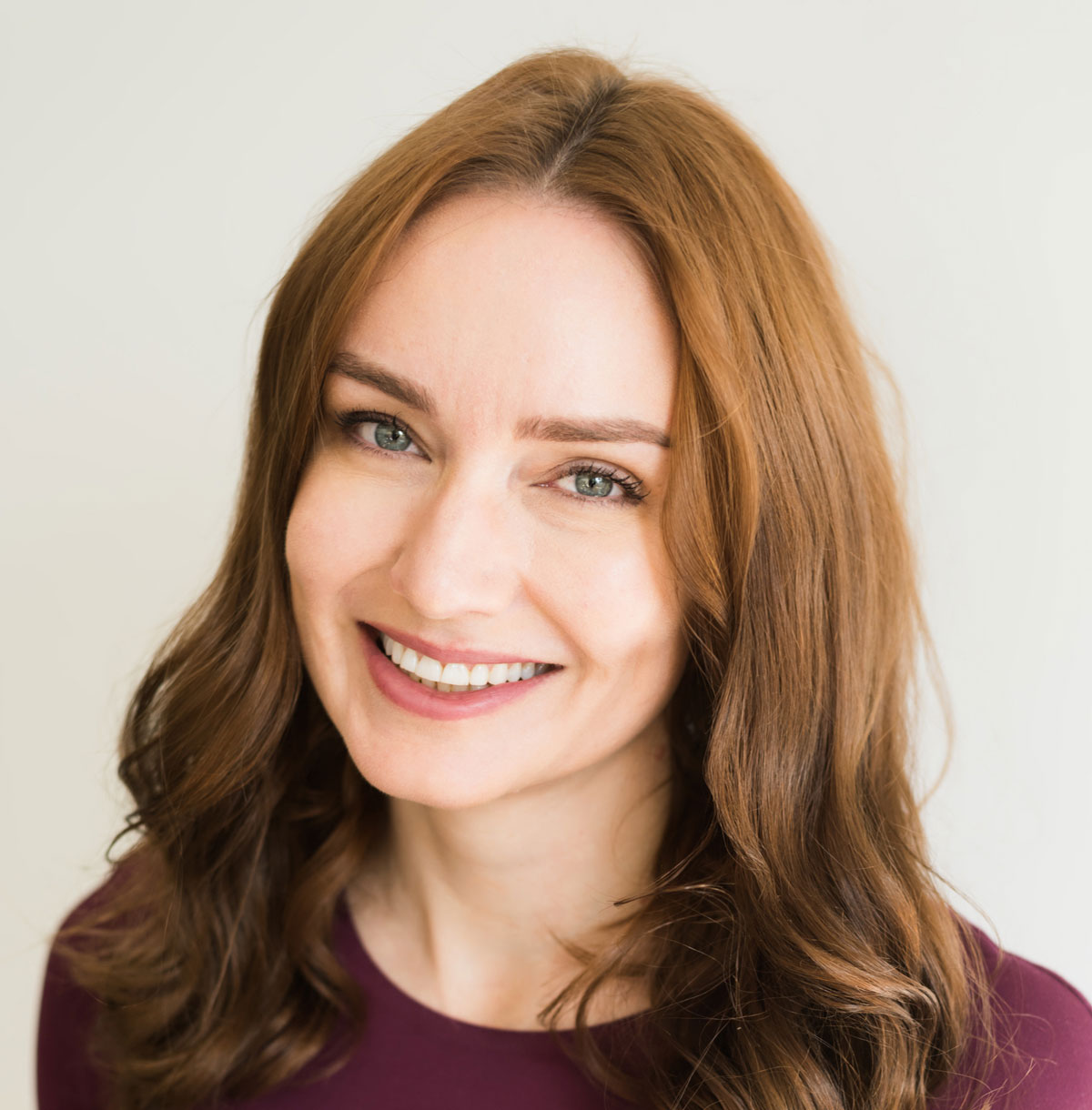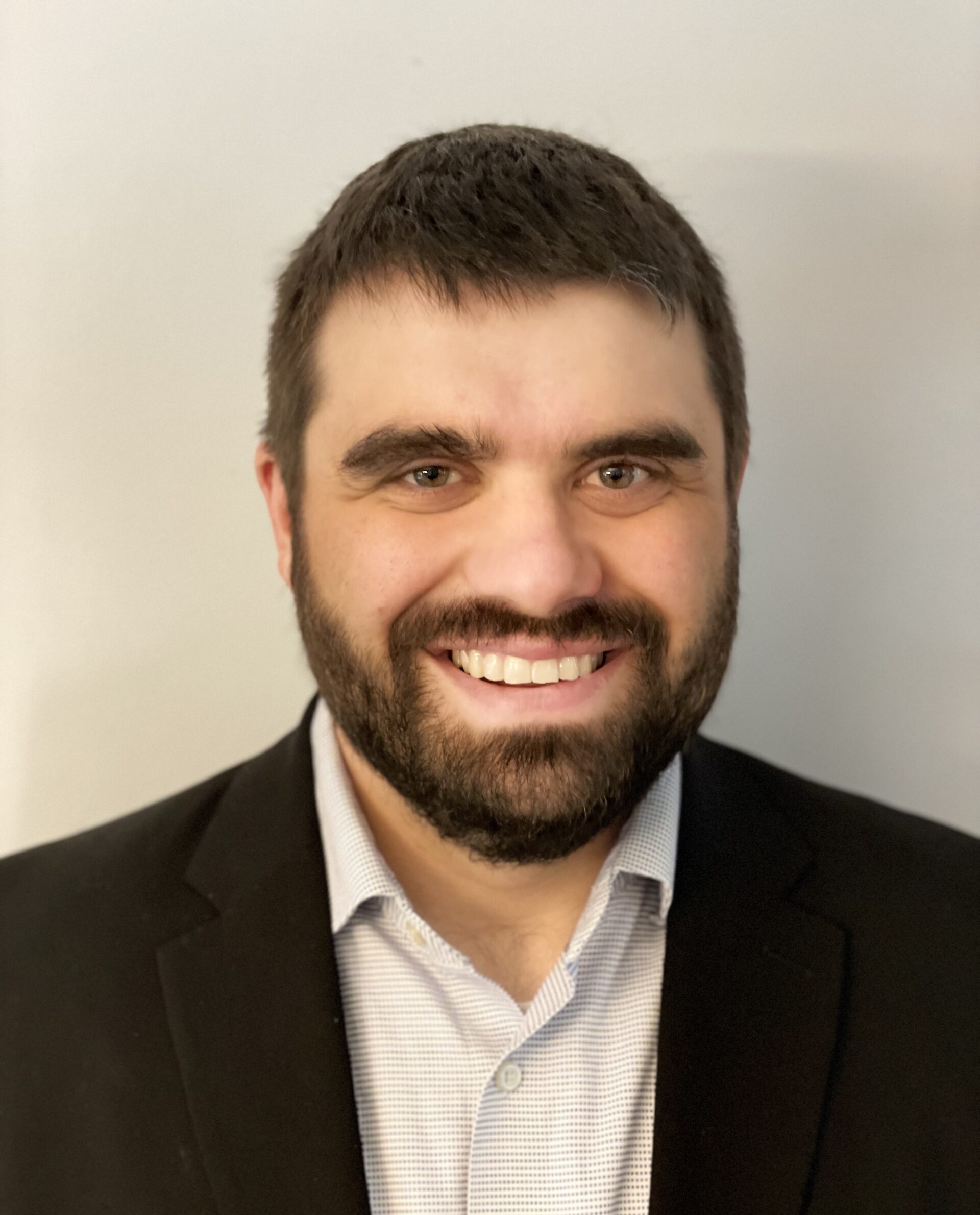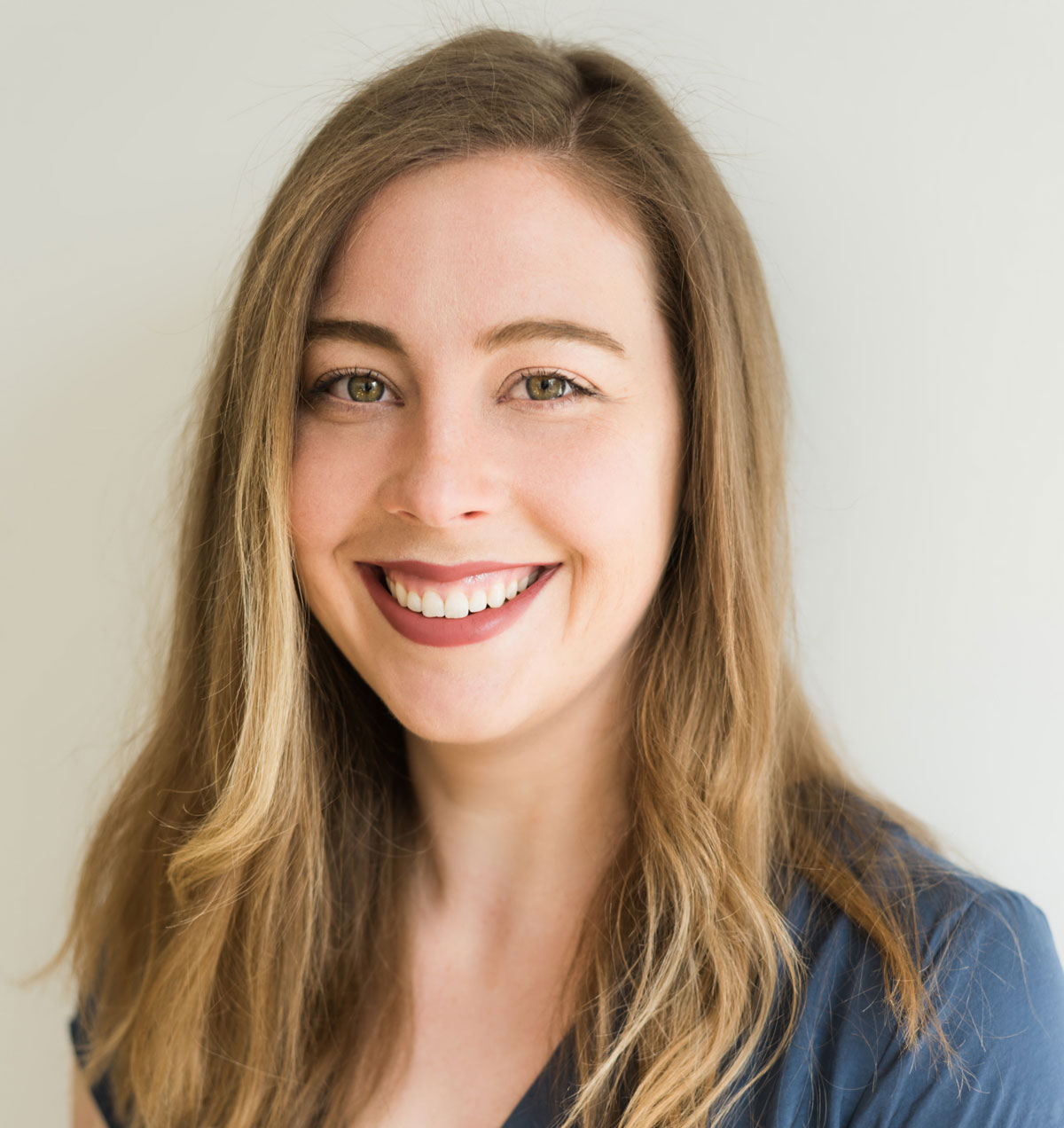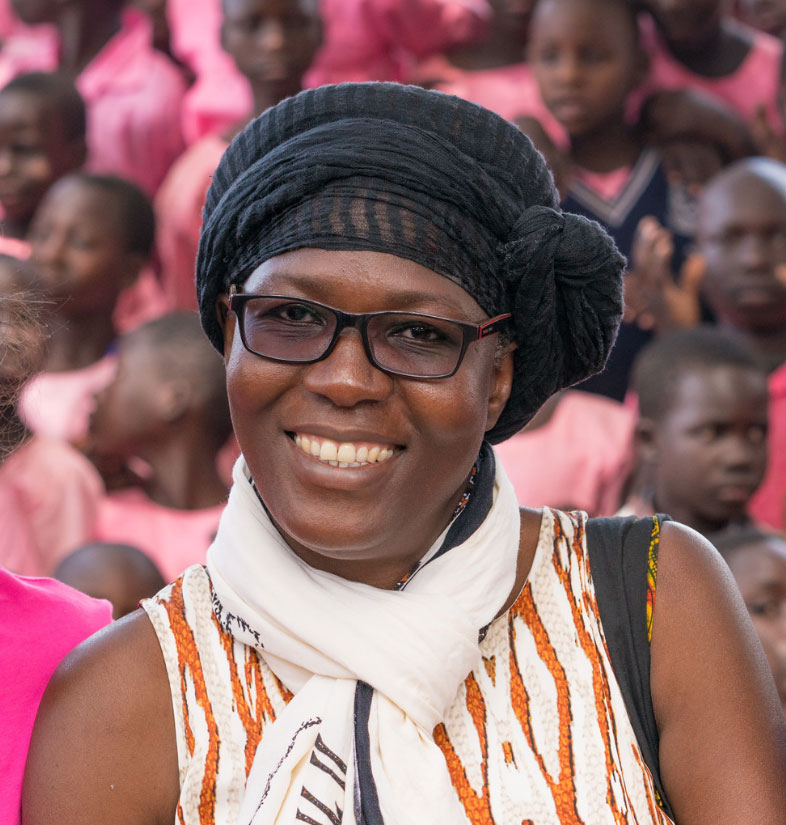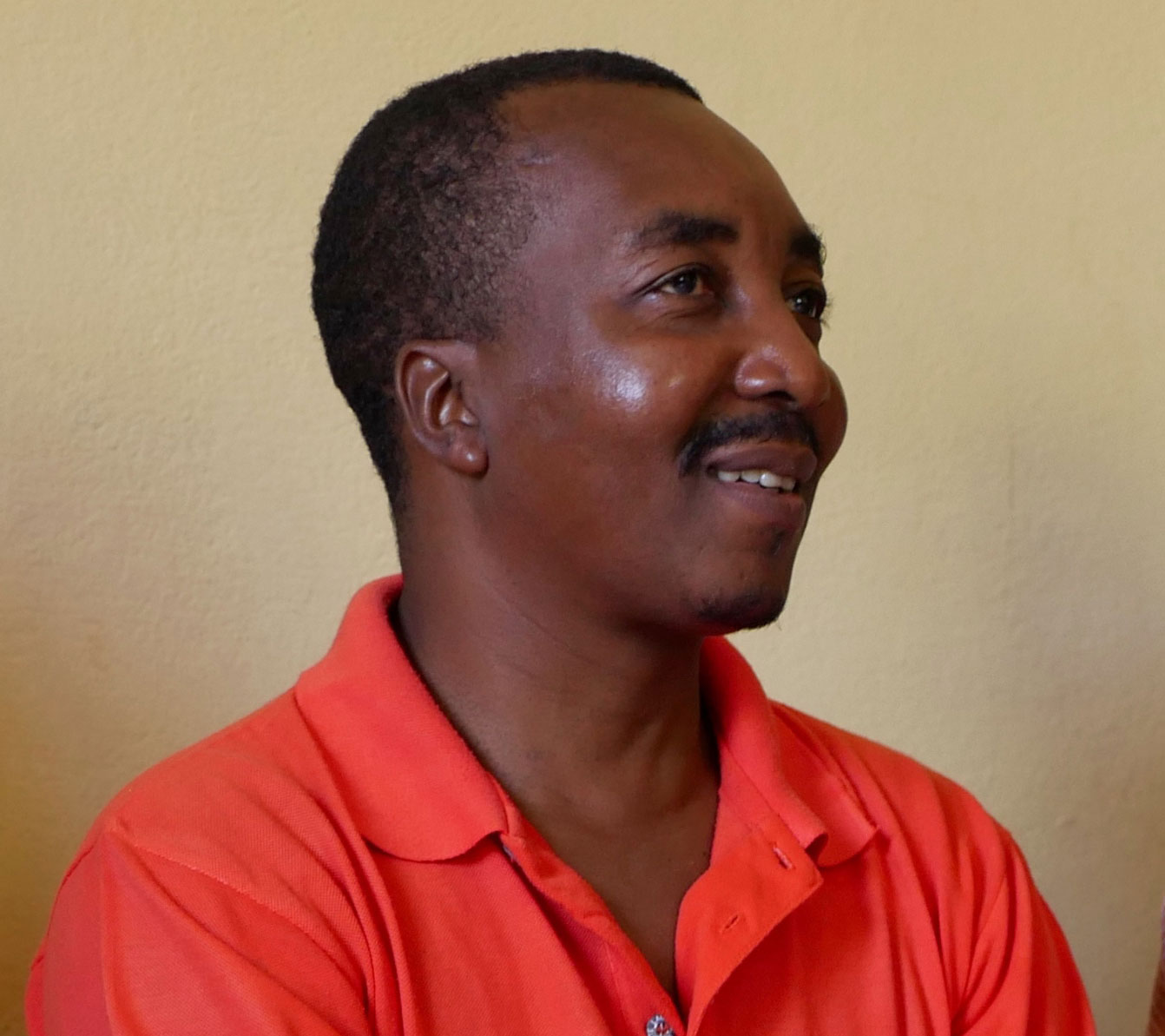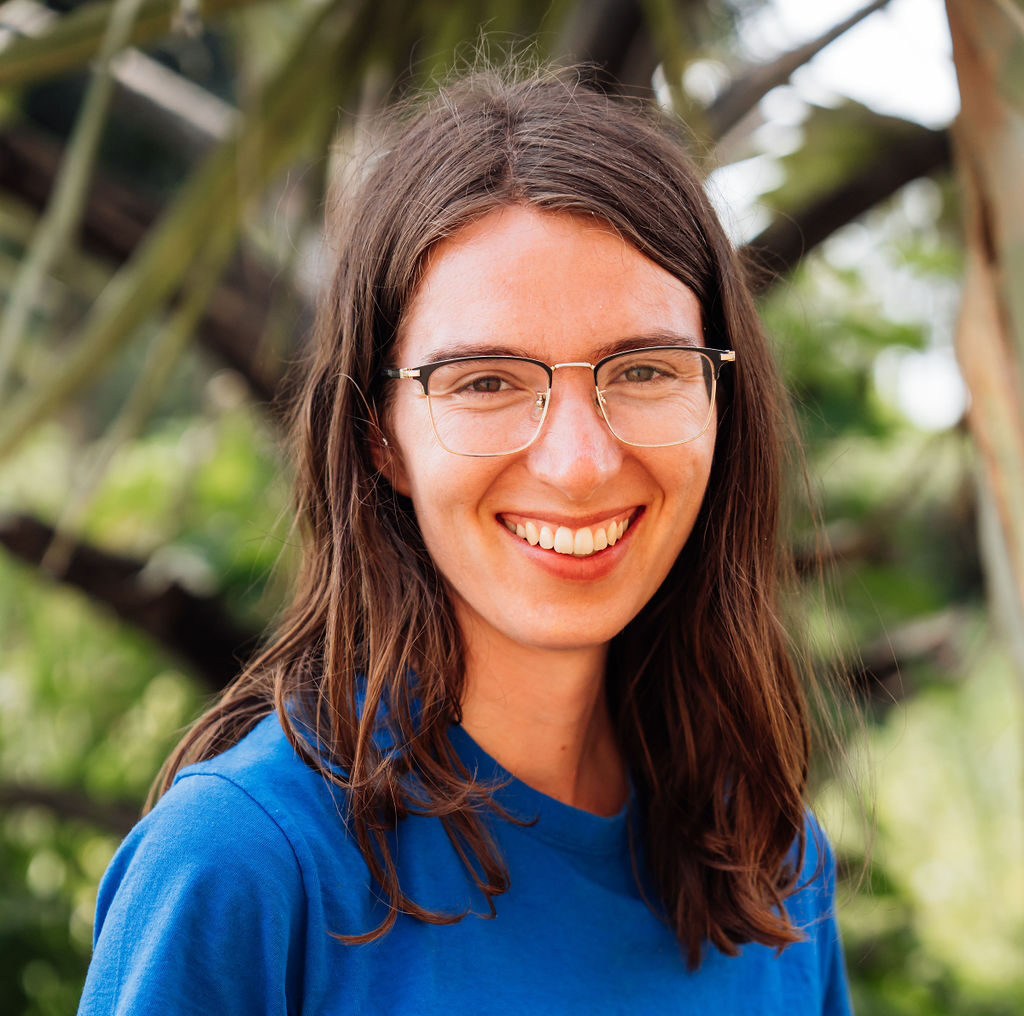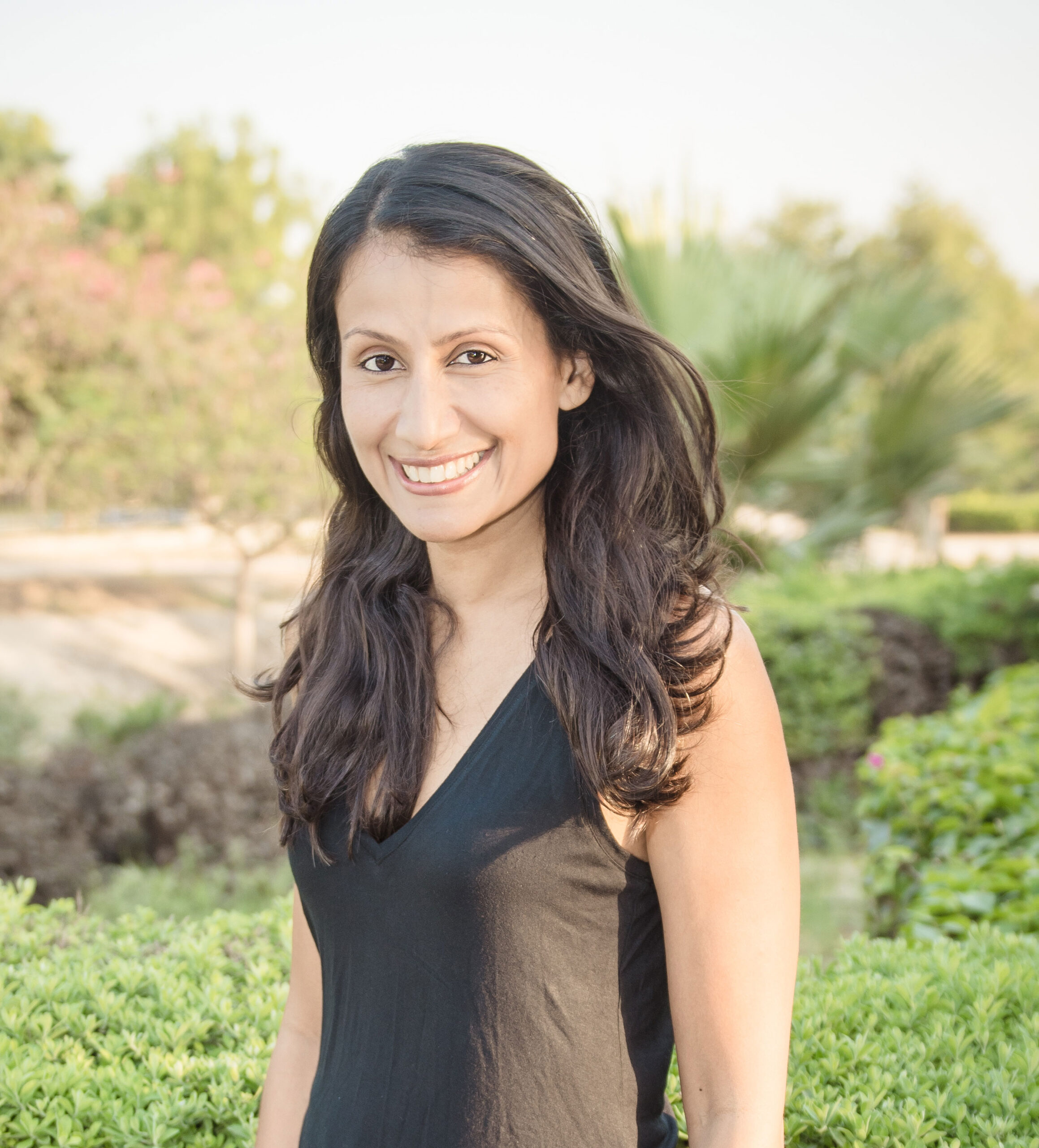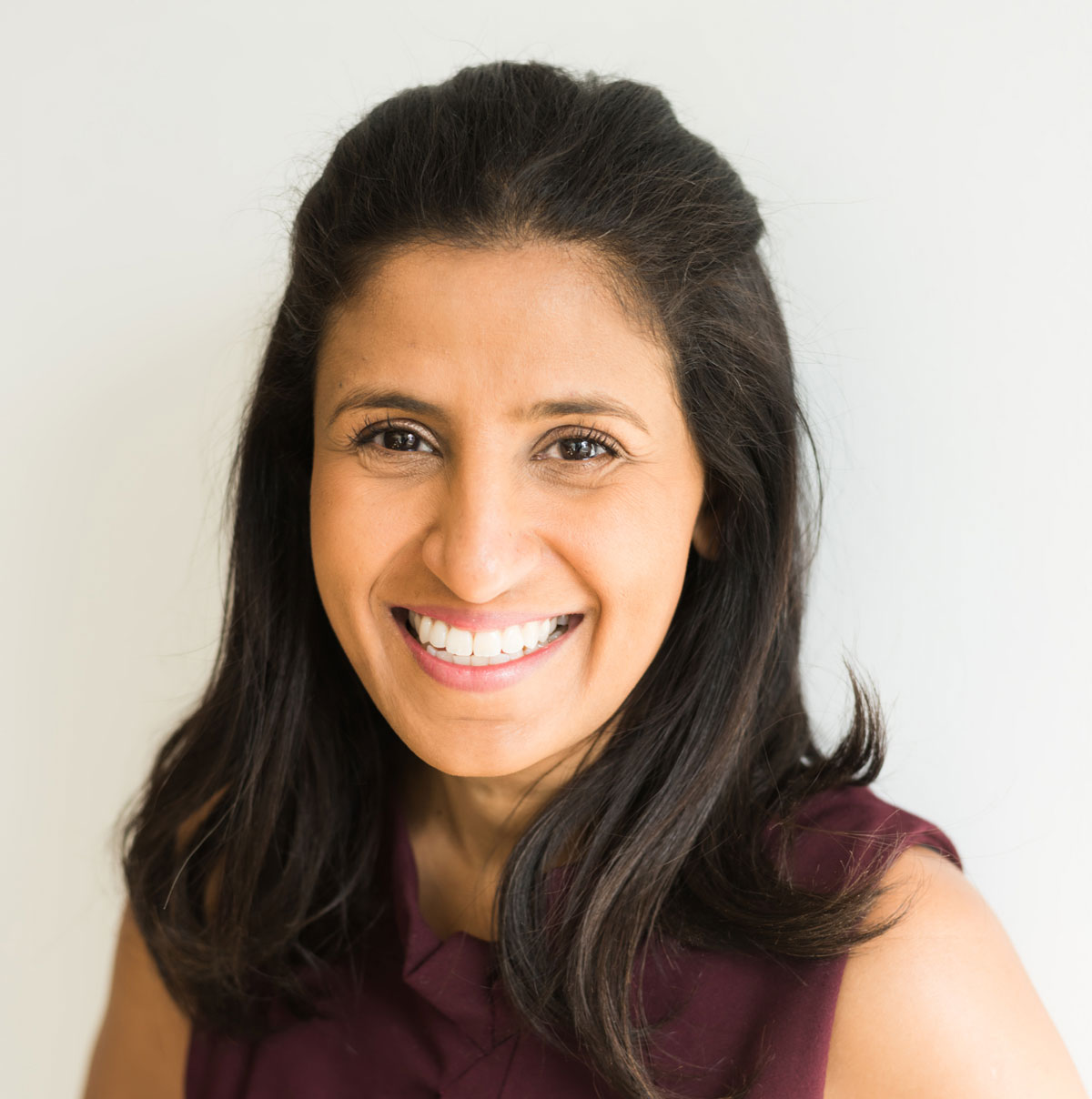On May 9, our local field partner POPOW (Prince of Peace Orphans and Widows – Vision) hosted a radio show that allowed girls to talk about how they are maintaining menstrual health and hygiene during the COVID-19 lock-down. The talk show discussed the challenges girls are facing and how they are coping as well as identified solutions including how parents can help their daughters.
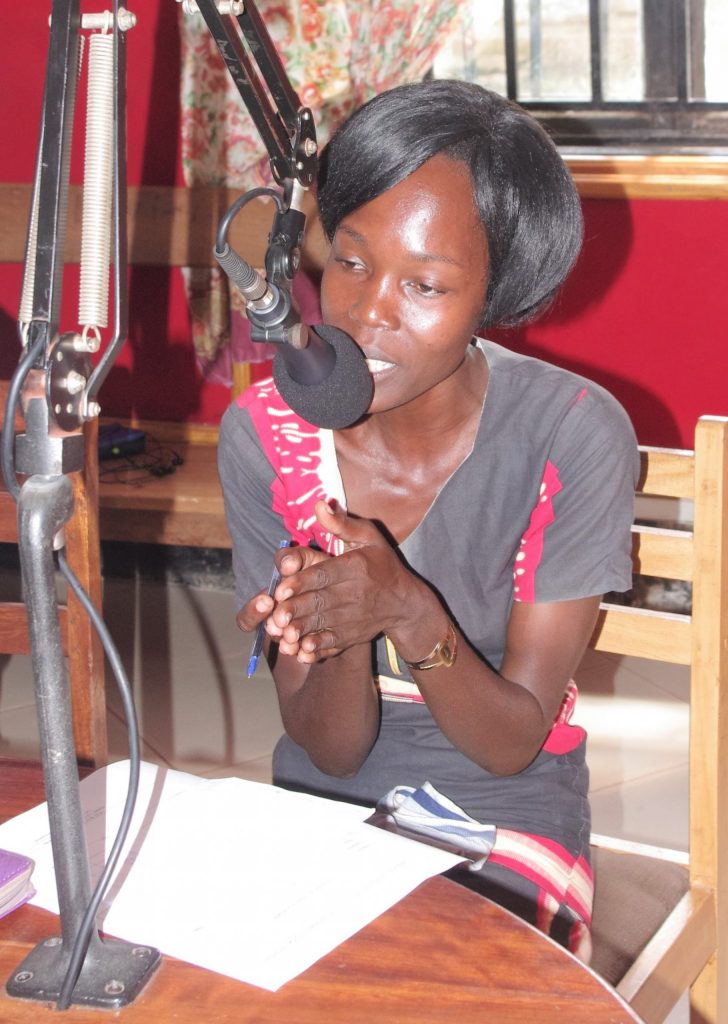
Seven girls living throughout Kaberamaido, Uganda called in and shared their joy on how the reusable sanitary pads they made during one of our training sessions has helped them during the lock-down.
“I was among the girls from Oriamo Primary School who were trained by POPOW on how to make pads. When I returned home that day, I was so excited and told my mother about the training and how I had learned to make my own pads using a piece of cloth. She was so excited and on Saturday she rode her bicycle to the market and bought me the necessary material. She asked me to teach my sisters who were studying at another school and hadn’t had the opportunity to be trained. That day we made six pads and shared them.
Hardly three weeks later, the government announced the lock-down and all of the markets closed due to the coronavirus. The girls in my community had a lot of challenges getting pads because all of the markets were closed. But my sisters and I were okay. When the other girls learned we could make reusable pads, they came to us with pieces of cloth and we taught them how to make the pads. That is how we are surviving in my village.” – Brenda, age 13
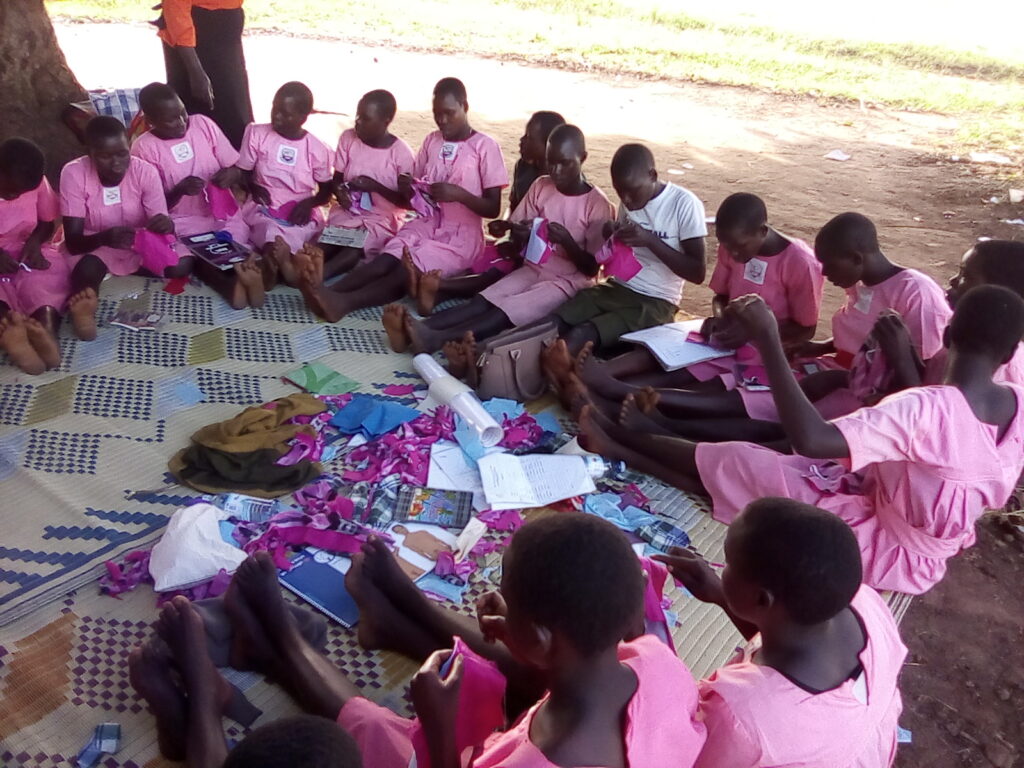
Throughout the radio program, families called in to say they were not worried about their children who had learned to make reusable pads, and that their daughters were also helping girls in the communities.
“Thank you so much to POPOW. I have 7 girls in my home and had it not been for this program [reusable pad making] I don’t know what I would have done with the girls. One of my daughters came home and told me about a training she had done on how to make pads at school. I took her words lightly, not knowing that this would be one of the solutions to my problems someday. Every weekend she spent time with other girls learning how to make pads, and she would keep every old piece of cloth in the house. When coronavirus hit the community, I had no way to get pads for the girls. It was the pieces my daughter made that helped not only the girls at home but also the girls in the neighborhood.” – Angelina, age 46, mother of 7 girls
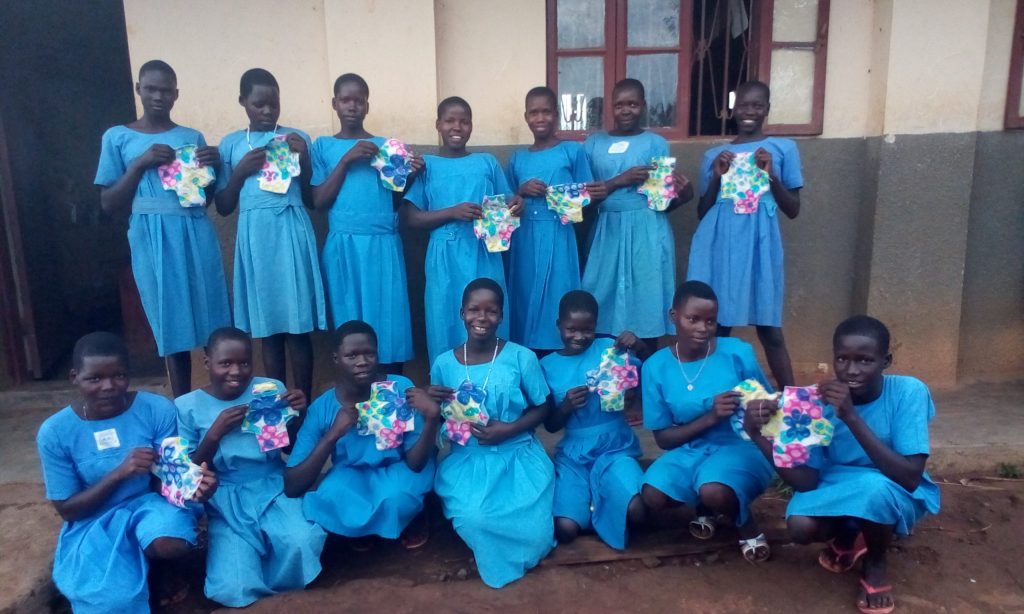
Although many girls are finding ways to deal with their periods during COVID-19, there are still many girls and young mothers in the communities who have not yet attended training, and therefore cannot make their own reusable pads. Community members, including girls and parents, talked about all of the challenges they face since the lockdown started. One caller stated that “girls fear to talk to their parents because of shame and lack of self-confidence during menstrual periods” while others talked about their families lack of “money for buying pads.”
The radio talk show hosts addressed each issue that callers had, and some community members also called in to give advice. Girls were told that if there is no money to buy pads, they can fold a piece of cloth and use it as a substitute during the lock-down. They were also reminded about the importance of maintaining proper hygiene and what to do when they have abdominal pain.
This International Menstrual Hygiene Day on May 28th and every day, we are working hard to help those in our local communities. Periods don’t stop for pandemics, and our work doesn’t stop either.
If you’d like to support our COVID-19 Response & Resilience efforts, including these radio programs that teach Menstrual Health, please consider a gift at surgeforwater.org/donate and mention COVID-19.
Written by Ashley Quinlan, Program Coordinator
